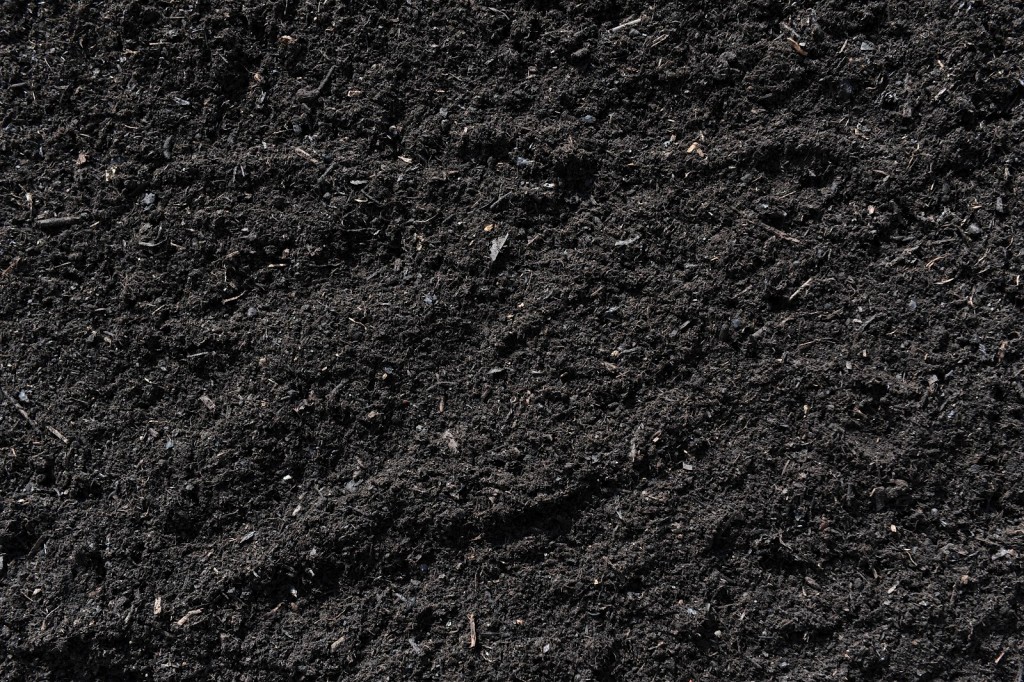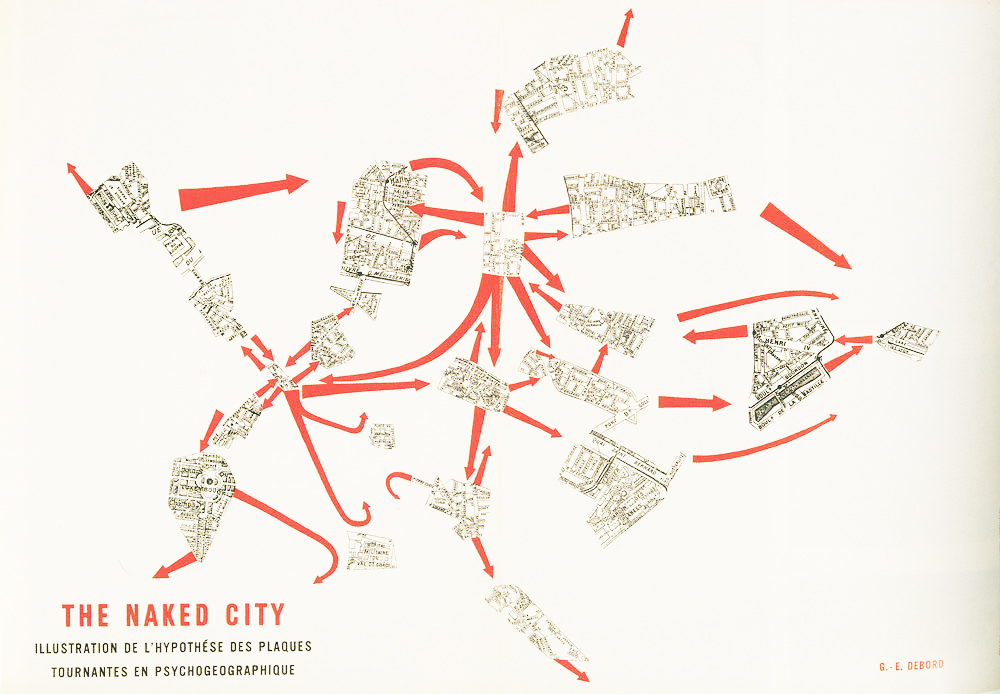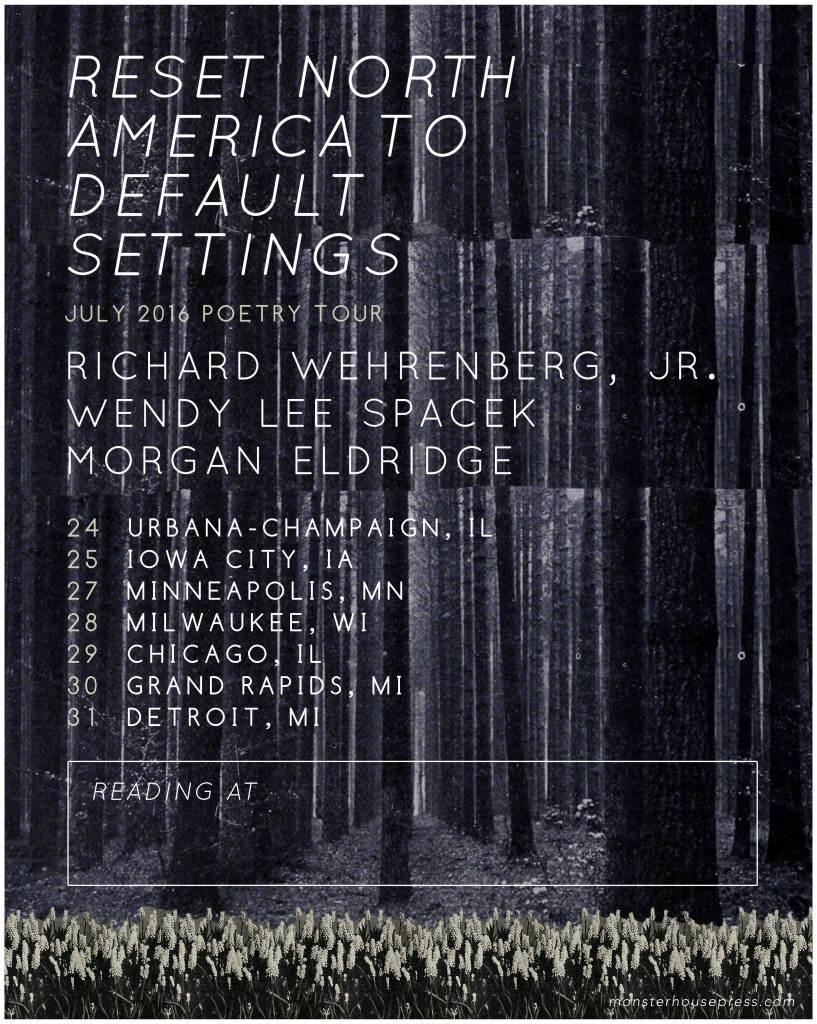Presentation Nº 1: Why Beyond Repair and TCALT: A short talk on land, collaboration, and critical social engagement in the micro.
Question Nº1: What do you think when you think about agriculture in 1850? 1950? 2050?
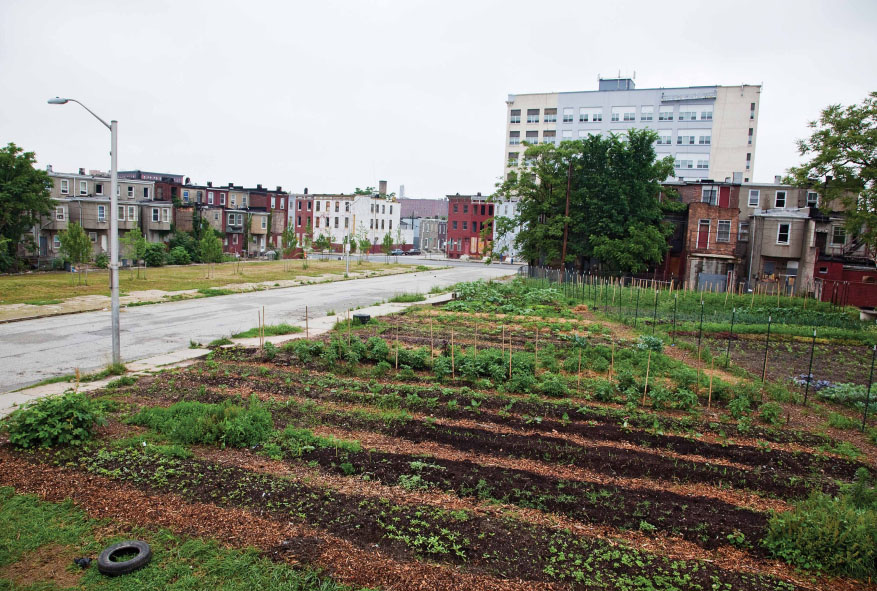
Food Enough? A Continuing Forum on Food, Land, Access, and Possibilities within the 9th Ward and Beyond
When considering an urban agricultural future, what does it mean for a neighborhood to have *abundant* or at least *enough* food? How is food-producing land part of a desirable vision for land “development” / land use? And in turn, who benefits most directly from a reconsideration of land-use development?
While South Minneapolis’s 9th Ward contains the highest concentration of urban farms within the entire Twin Cities metro area, it remains, nonetheless, a bit of a barren landscape when it comes to accessibility to fresh fruit and produce. Furthermore, while full of vacant, city owned land, Powderhorn, a 9th Ward neighborhood, is the only area within Minneapolis that is statistically gentrifying.
Within the space between these points folks from Twin Cities Agricultural Land Trust, Beyond Repair, and elsewhere have begun an on-going and exploratory conversation regarding food production, land access, and future visions of the city in relation to agriculture, access, and abundance.
Our group converges through a shared interest in the future and history of urban agriculture, the role of land trusts in establishing more equitable land access, and historical legacies and contemporary examples of community cultivated land (and how we can work toward this in the Twin Cities).
Conversation participants will be able to contribute visually and artistically to this process as the group will co-create printed materials that record major themes to be distributed throughout the 9th Ward and, furthermore, to develop questions for future meetings.
* Relaxed atmosphere! No bosses, no teachers! Surrounded by ample beer and food!
** Any conversation concerning land and access within Minnesota, and the country as a whole, needs to be seen through the lens of colonialism and settlement. Inasmuch this series of conversations wants to acknowledge and make clear that it is taking place on Dakota land.
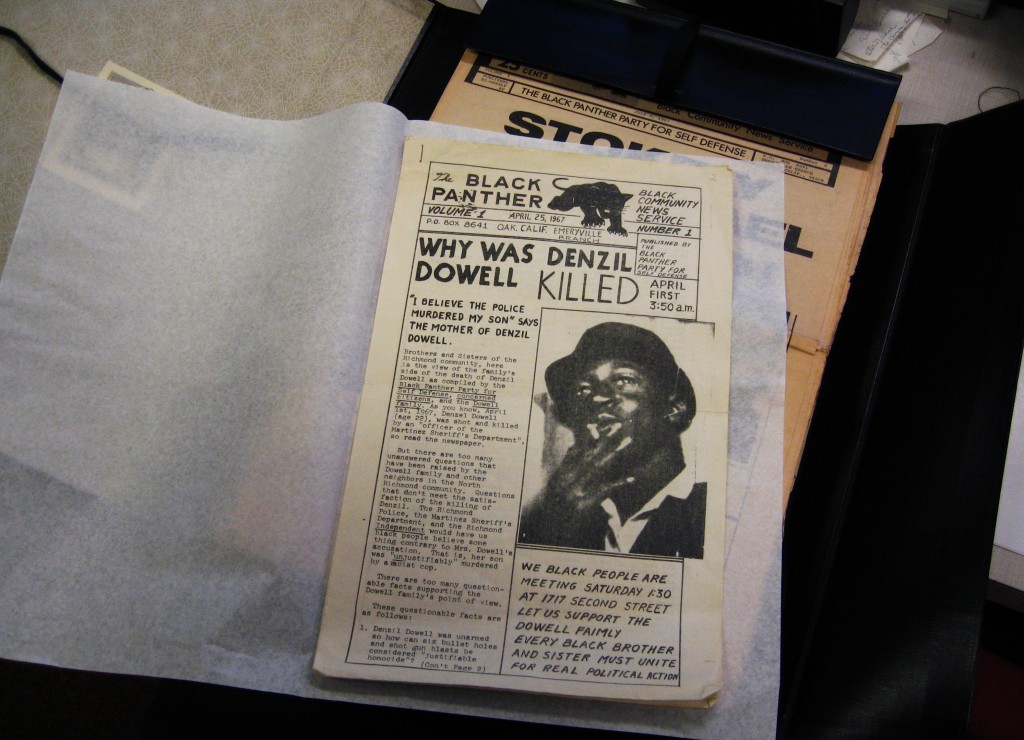

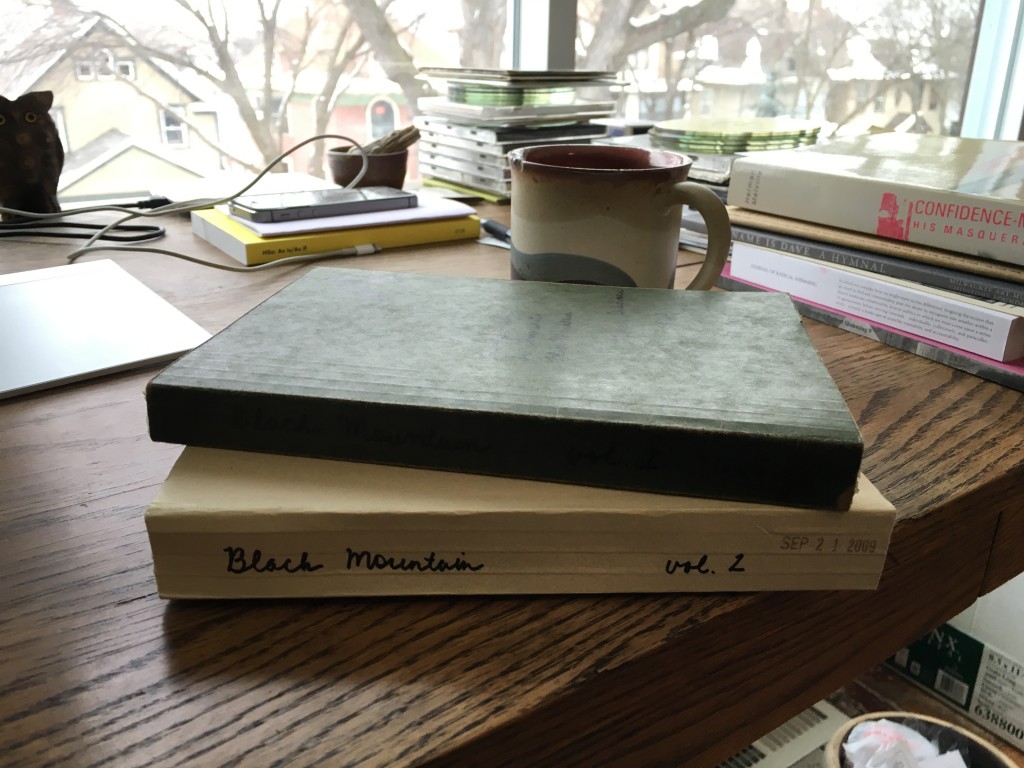



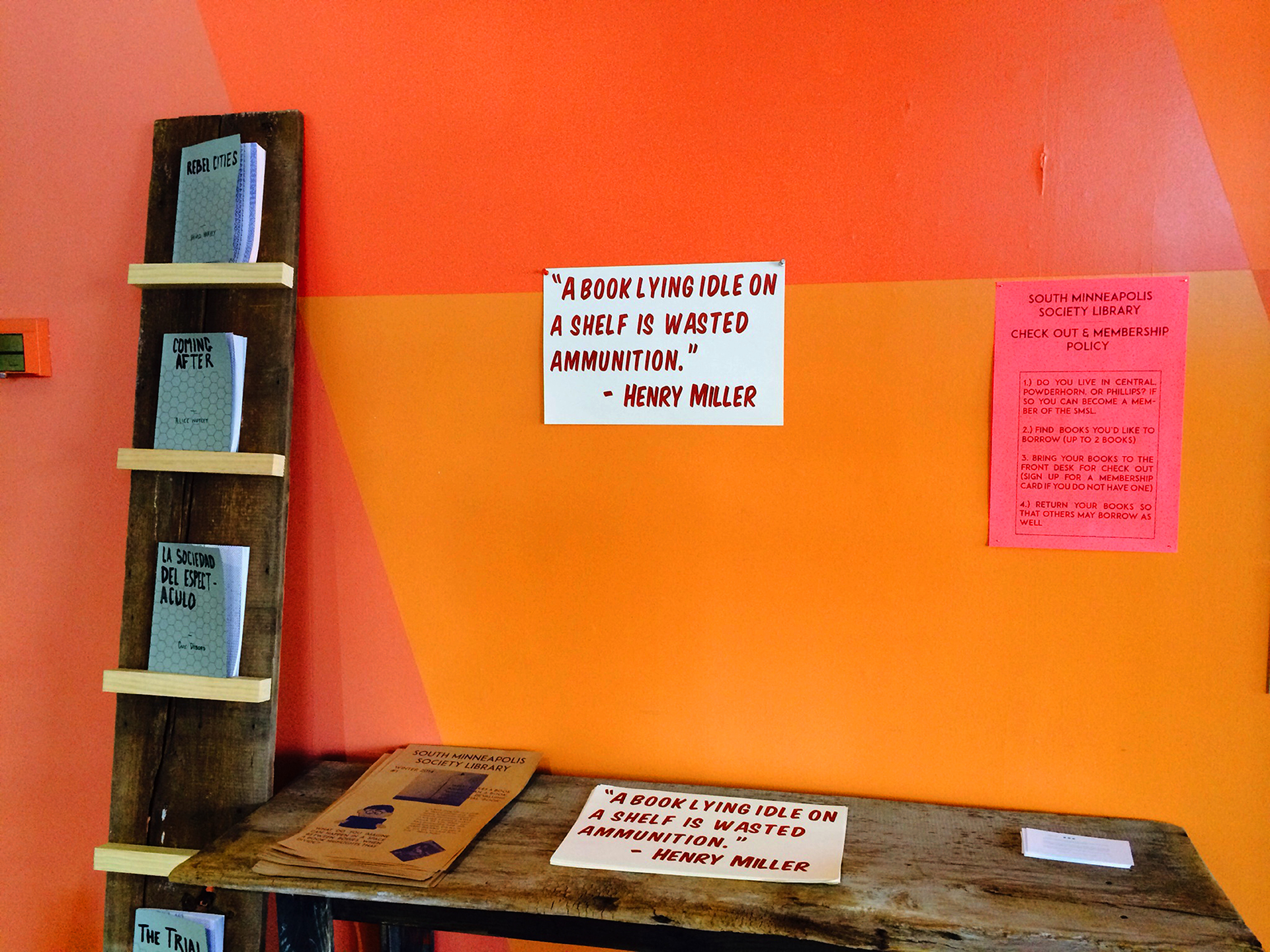

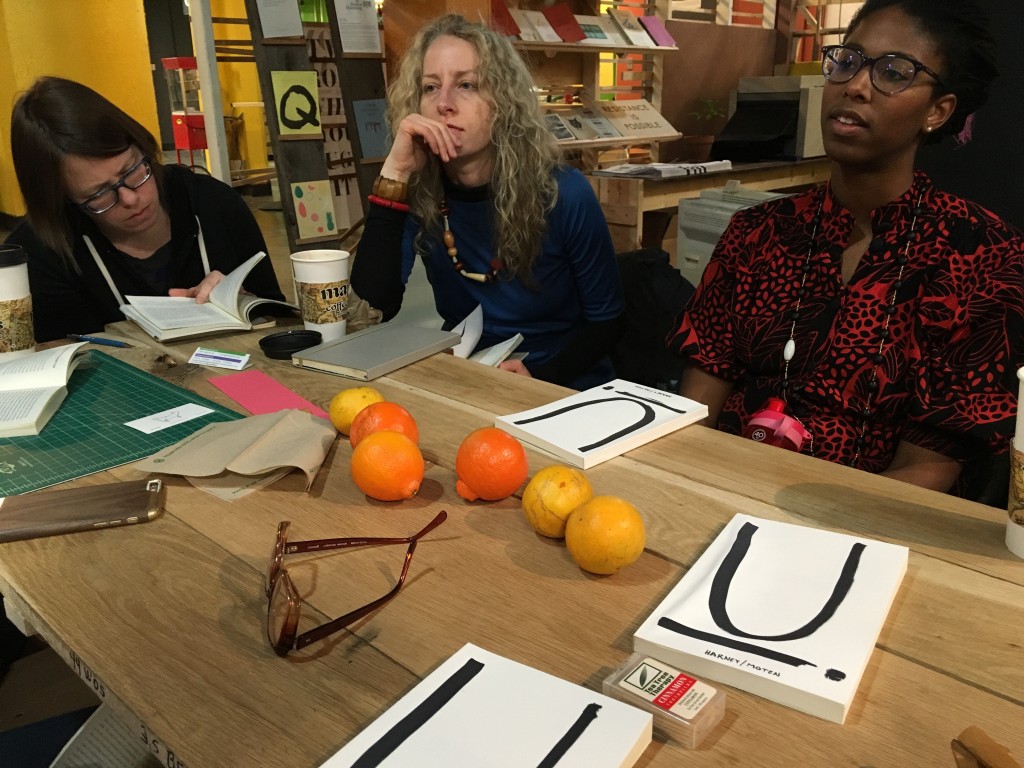
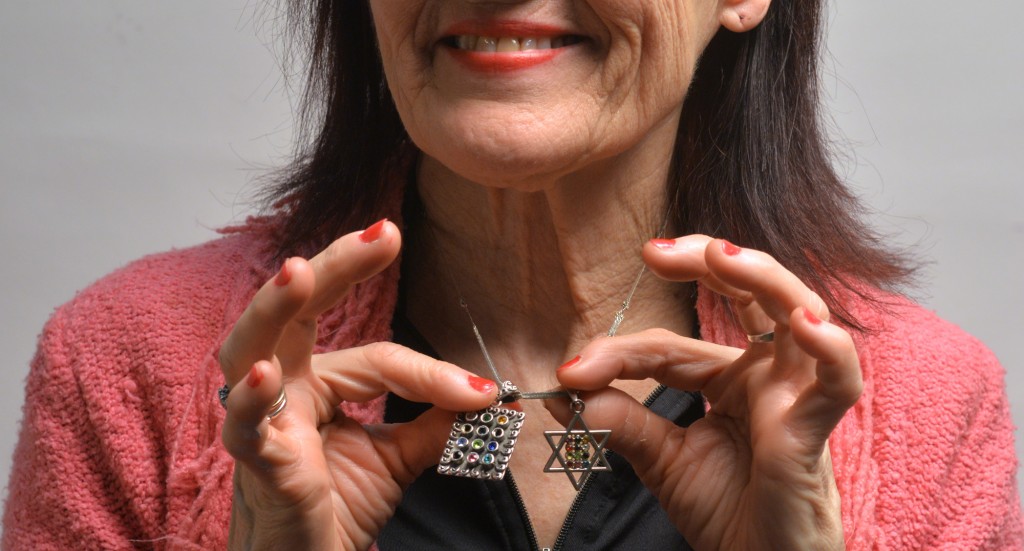
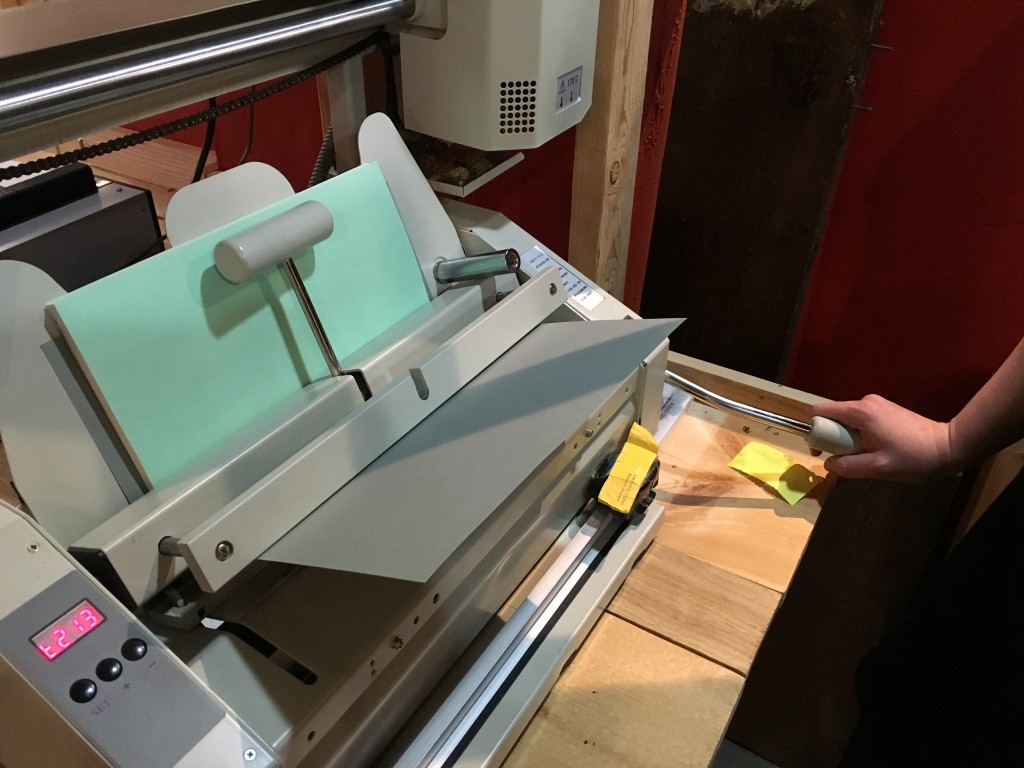
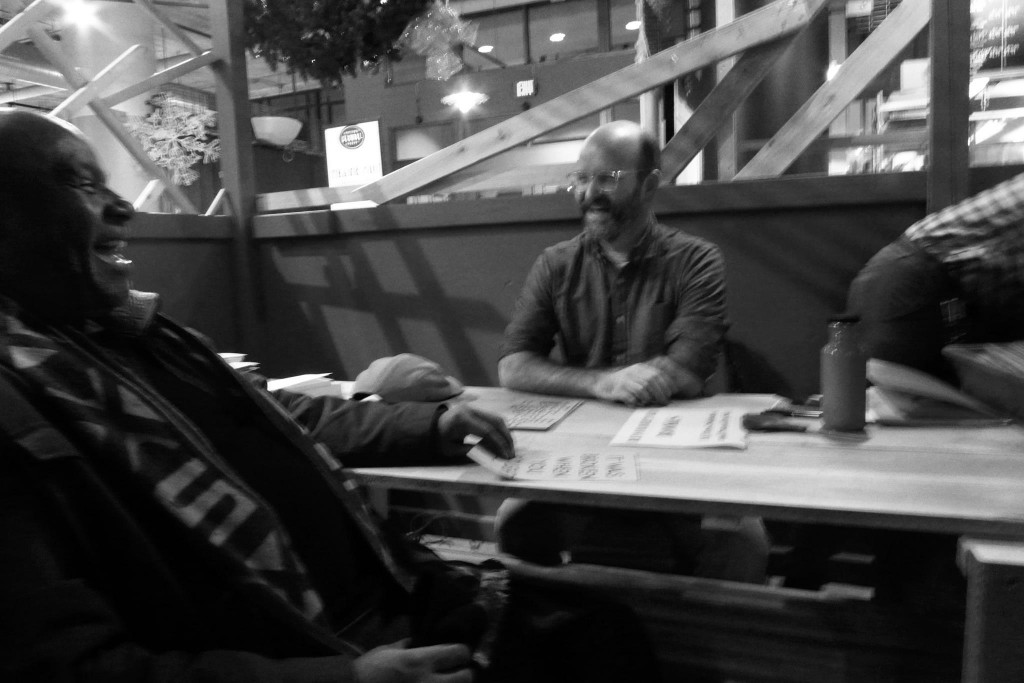

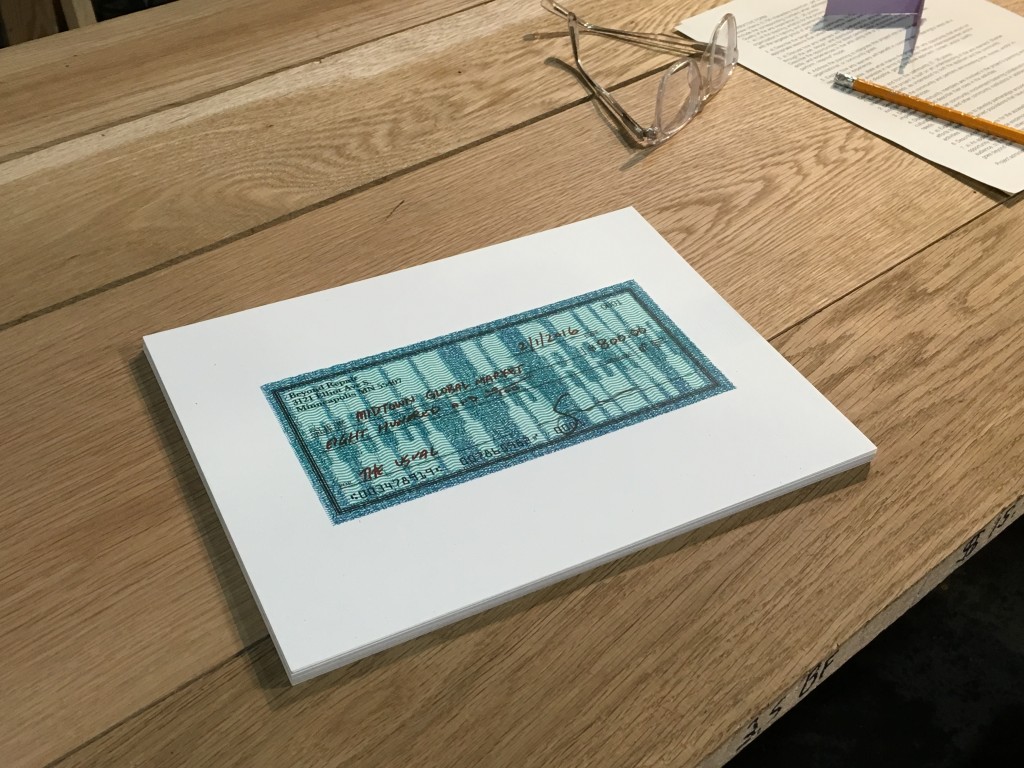
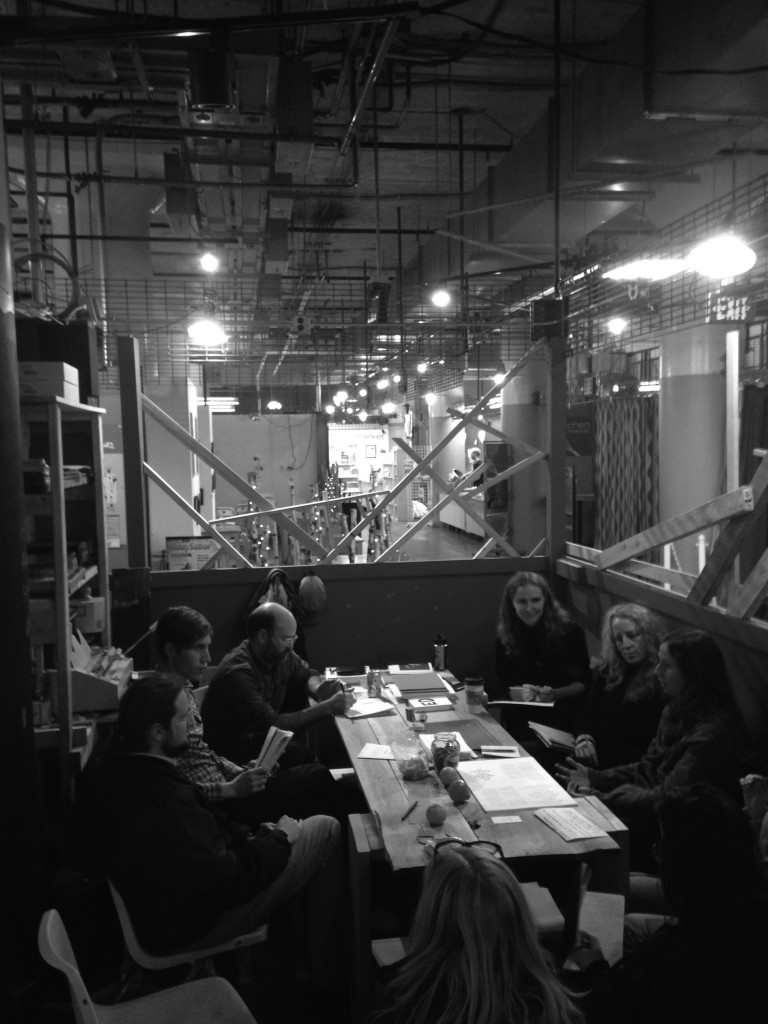
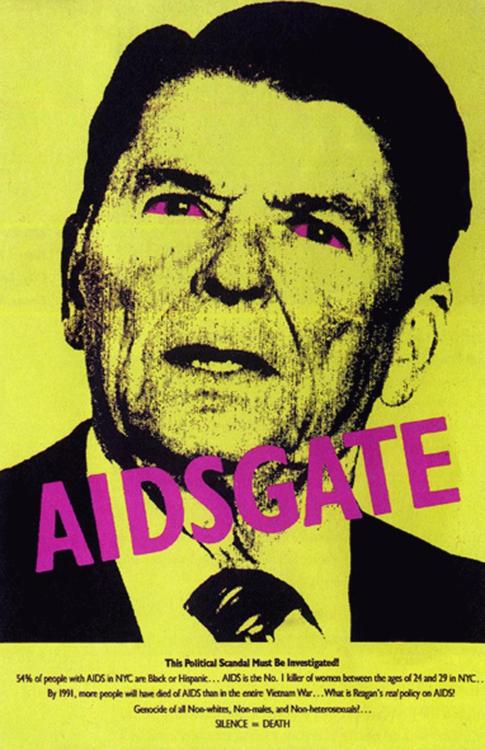
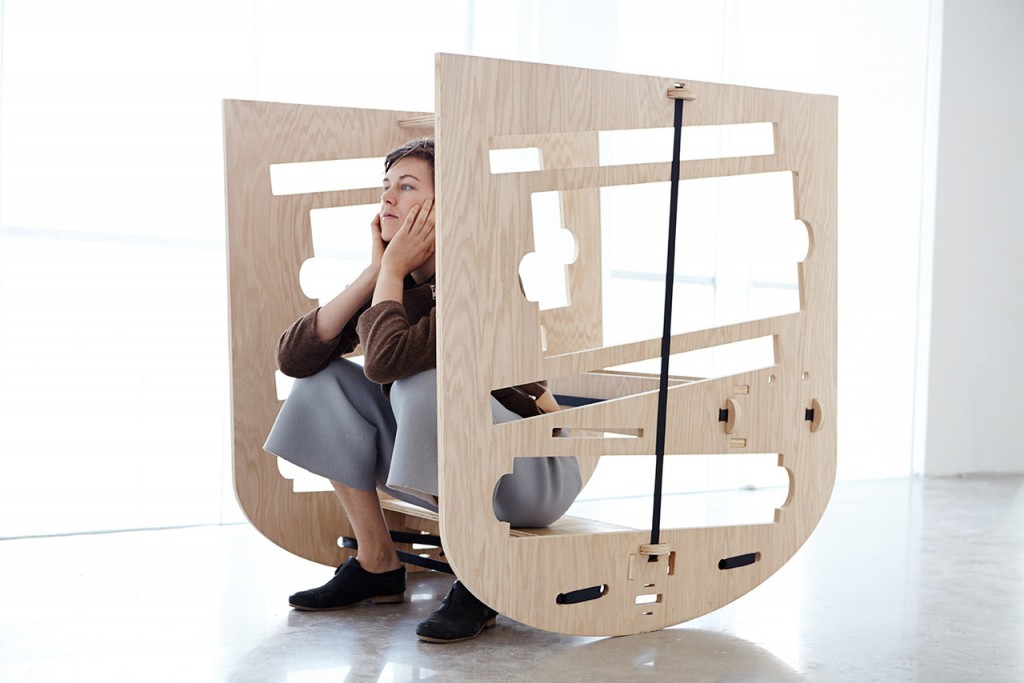
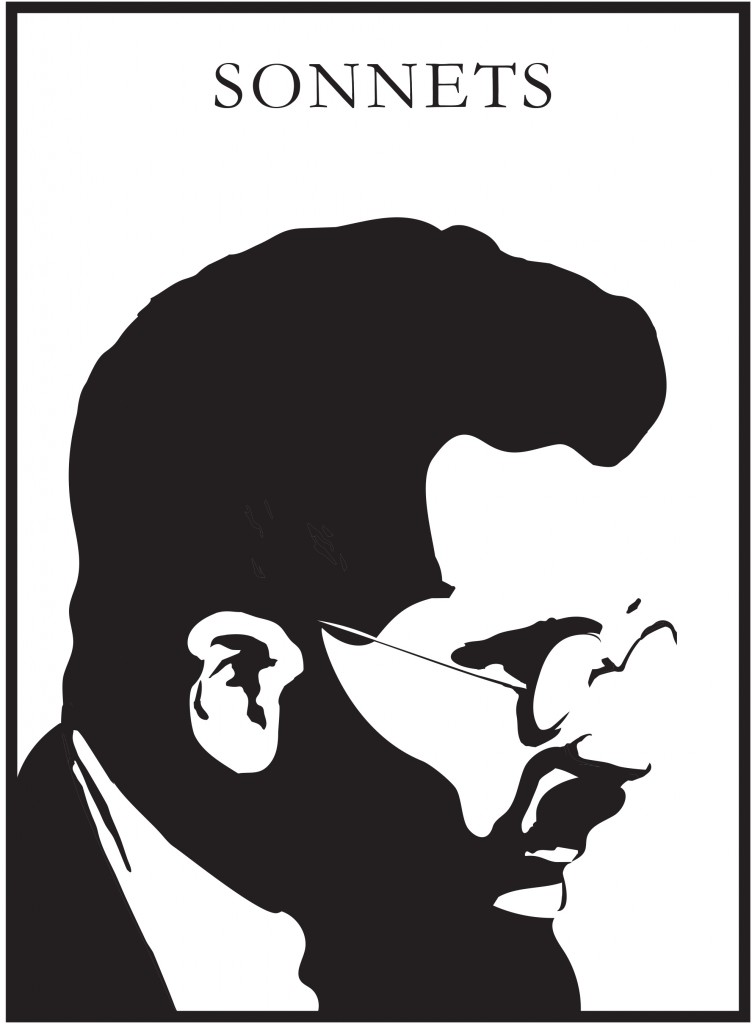
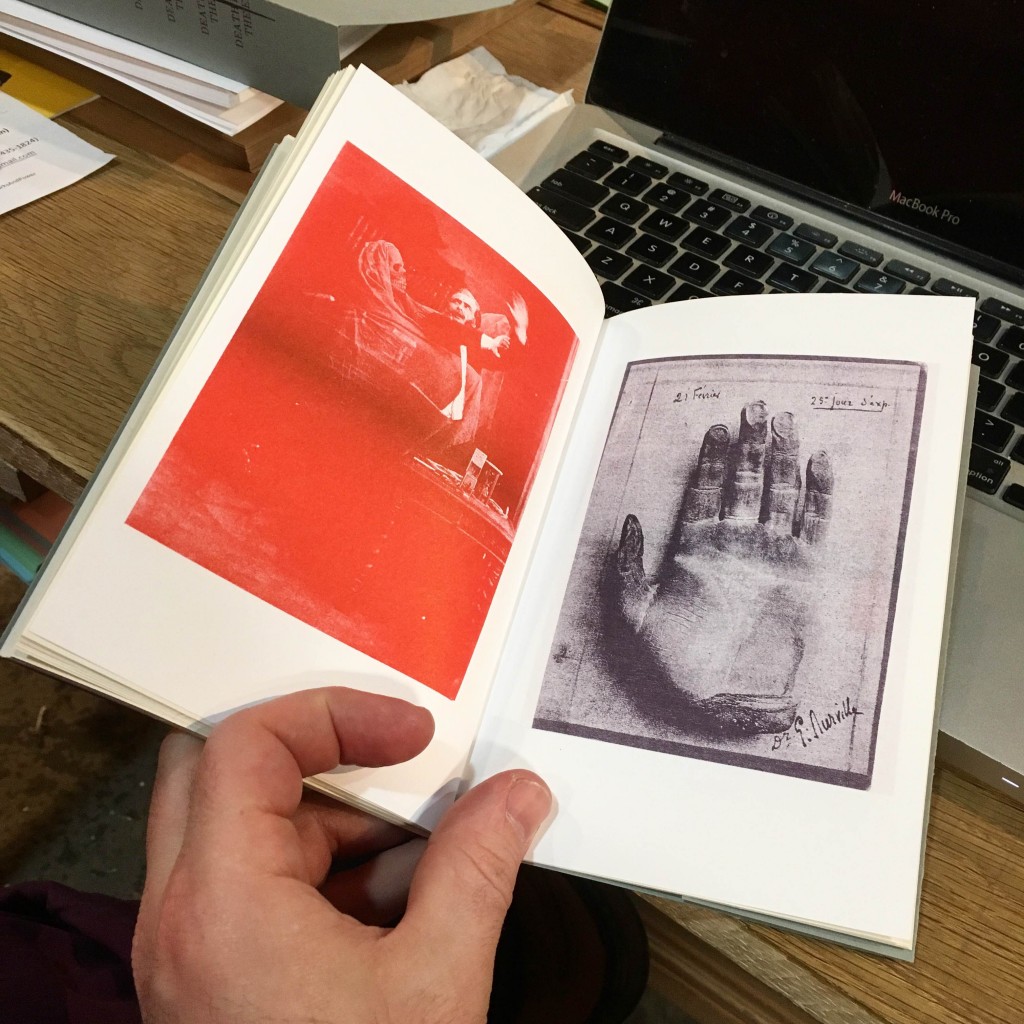 “This is a little of what I’ve learned through talking to Spiritualists, researching the religion, looking at it through art, and practicing mediumship and healing. I’m also interested in the religion and its relationship with photography–both grew up around the same time (March 31, 1848 is the official anniversary of Modern Spiritualism), and photography is recognized as officially starting on January 7, 1839.
“This is a little of what I’ve learned through talking to Spiritualists, researching the religion, looking at it through art, and practicing mediumship and healing. I’m also interested in the religion and its relationship with photography–both grew up around the same time (March 31, 1848 is the official anniversary of Modern Spiritualism), and photography is recognized as officially starting on January 7, 1839.